Fishing basics – Learning to fish
In this nostalgic article, Chris reflects on his own first experiences of fishing and how that same excitement can easily hook new comers to the sport today.
I am going to start by telling you a story about how I began fishing. Not because I am desperate to talk about myself, (though I am interested in talking about myself – who isn’t?) but because it will outline some very basic fishing lessons that I learned along the way. Hopefully my learning process will give any newcomers to fishing pause for thought. These lessons apply to ALL fish in ALL situations and will help a beginner to understand the important key points. Basically they are the tricks that I wish someone had shown me when I was starting out.
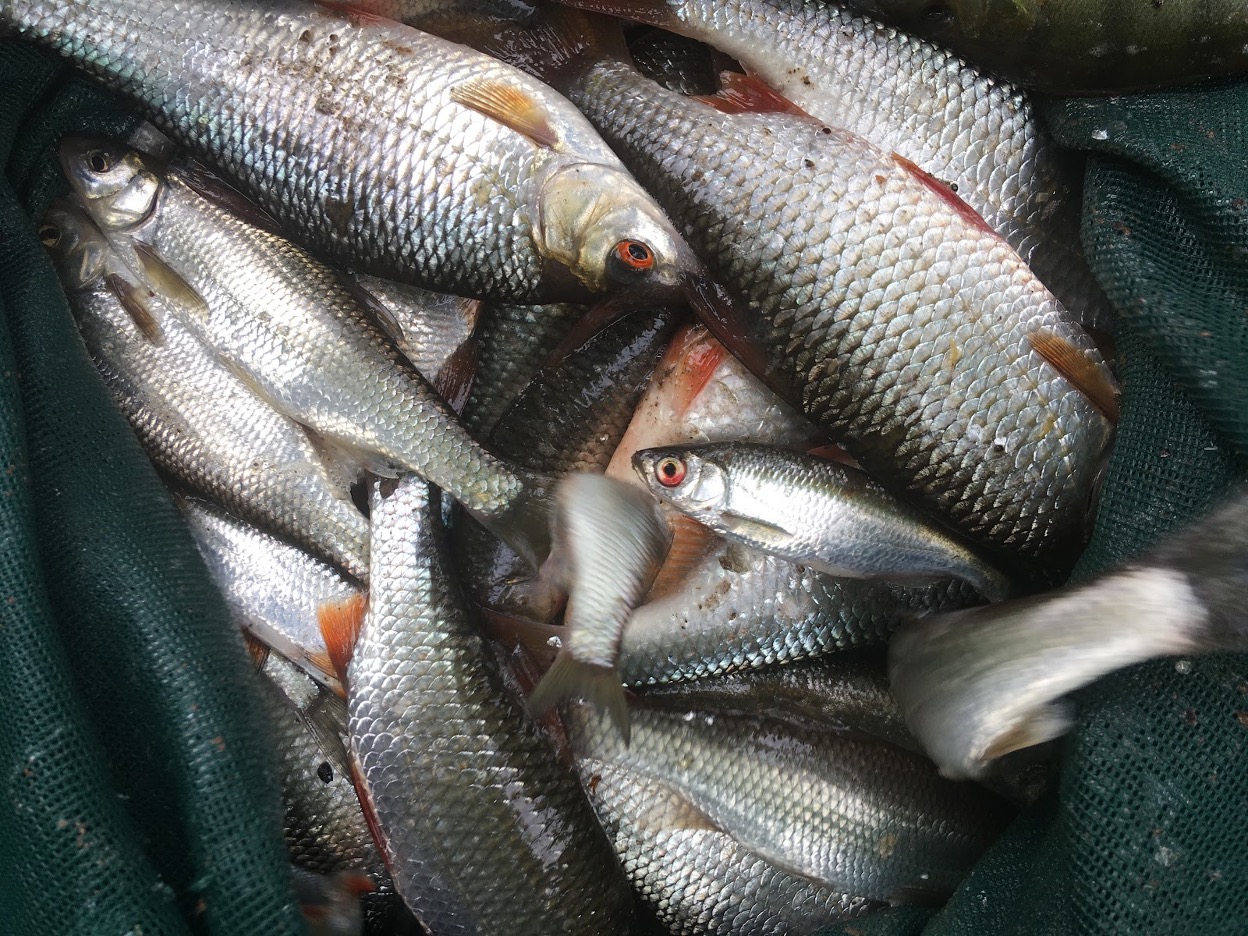
If you are lucky enough to catch a few roach on your first time out, I can promise you that you will be smitten by the bug. Heed carefully the lessons that I learnt along the way and you just might find a shortcut that catches YOU a few fish like this. Good luck!
Small beginnings
When I was growing up the world was a significantly different place. I was first raised in Wordsley, a place right on the edge of the greenbelt. I played in haystacks, climbed sandstone cliffs, had my own cave, and I climbed trees, collected birds eggs, and I caught loads things such as reptiles, amphibians, …. and fish.
Significantly I wrote ‘caught fish’ and not ‘went fishing’. My first experience with fish had nothing to do with rods and reels. I would catch sticklebacks, gudgeon, perch and roach by hand, in crystal clear urban canals. One of my favourite things to do was to lie prone, with my arms dangling in a shallow concrete canal overflow culvert, and wait until gudgeon swam over my hand. A quick snatch and the gudgeon was soon in the jam jar!
My first rod & reel
I was only five or six years old when I acquired my first rod and reel. It was a solid glass fibre, rod about six feet long, and was probably strong enough to land a pike because it weighed a ton. For some reason I think the reel was a ‘Trudex’ but I am stretching my mind back over sixty years here. I haven’t a clue where my early tackle came from but my dad was a weekend match angler and probably bought it secondhand to keep me quiet. You could buy anything for two bob back then! The nag factor worked well even in the sixties. The short rod was probably no use to him anyway, he fished with a thirteen foot metal rod made from an old WWII tank arial. I kid you not, I think it was made by Accles & Pollux and might have been called a Taper Flash…. honestly, it was Army surplus and needed to be repurposed because times were hard!
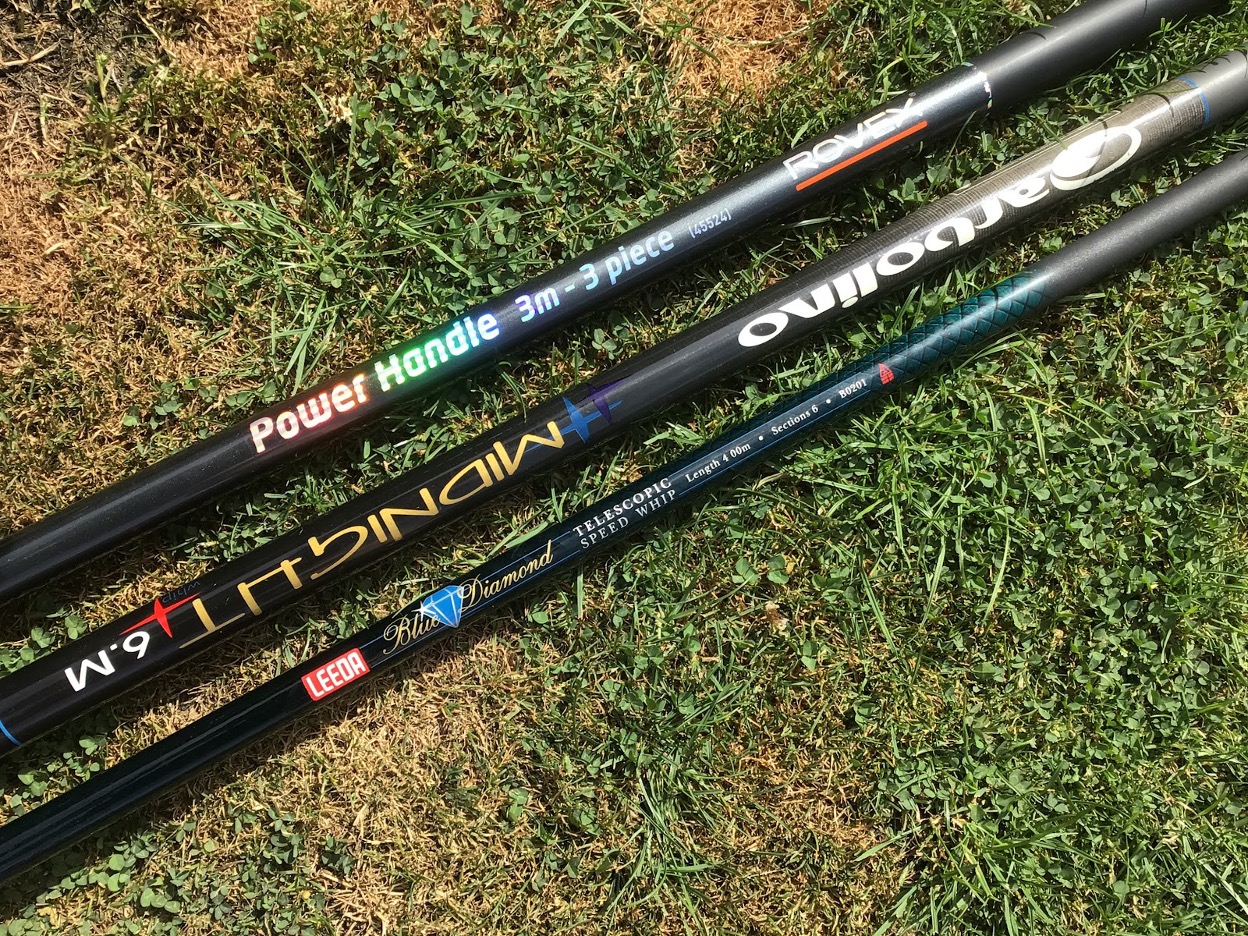
All you need to start fishing on a natural venue. The Leeda whip is only 4m and is as cheap as chips. Many waters can provide good sport with a 4m whip, all canals, many pools, and most rivers will have swims that have catchable fish close in. Slightly more expensive (this one only cost me twenty quid secondhand) is the Garbolino 6m whip. The advantage of a longer whip is that you can leave off a section or two and fish it at any length you like. The third item is a landing net handle. This one was less than twenty quid when brand new and it is advisable to have a landing net on natural waters, though mandatory on commercials where bigger fish are the norm.
Local pools & gin clear waters
We next moved to Pensnett, a delightful hamlet twixt Dudley and Brierley Hill. Fortunately, near to our new council house was a series of pools that were just a few hundred yards from where I lived, located right in the middle of the Black Country.
In the shadow of the mighty Round Oak Steelworks lurked three deep, dark, intimidating pools which held fish of all species. Dark and deep in the middle of the water, maybe, but absolutely crystal clear in the margins; and these were the areas a six year old fished. I could see everything the fish were doing, they could see everything that I was doing, and it became a challenge for me to outfox them.
The Fens Pool is the biggest, justifiably giving its name to the area, and it held and still holds large tench and bream. The next pool, The Middle Pool, was known for great big pike as well as everything else that swims, and finally The Grove Pool was rumoured to hold something that none of us kids had ever seen. Carp!
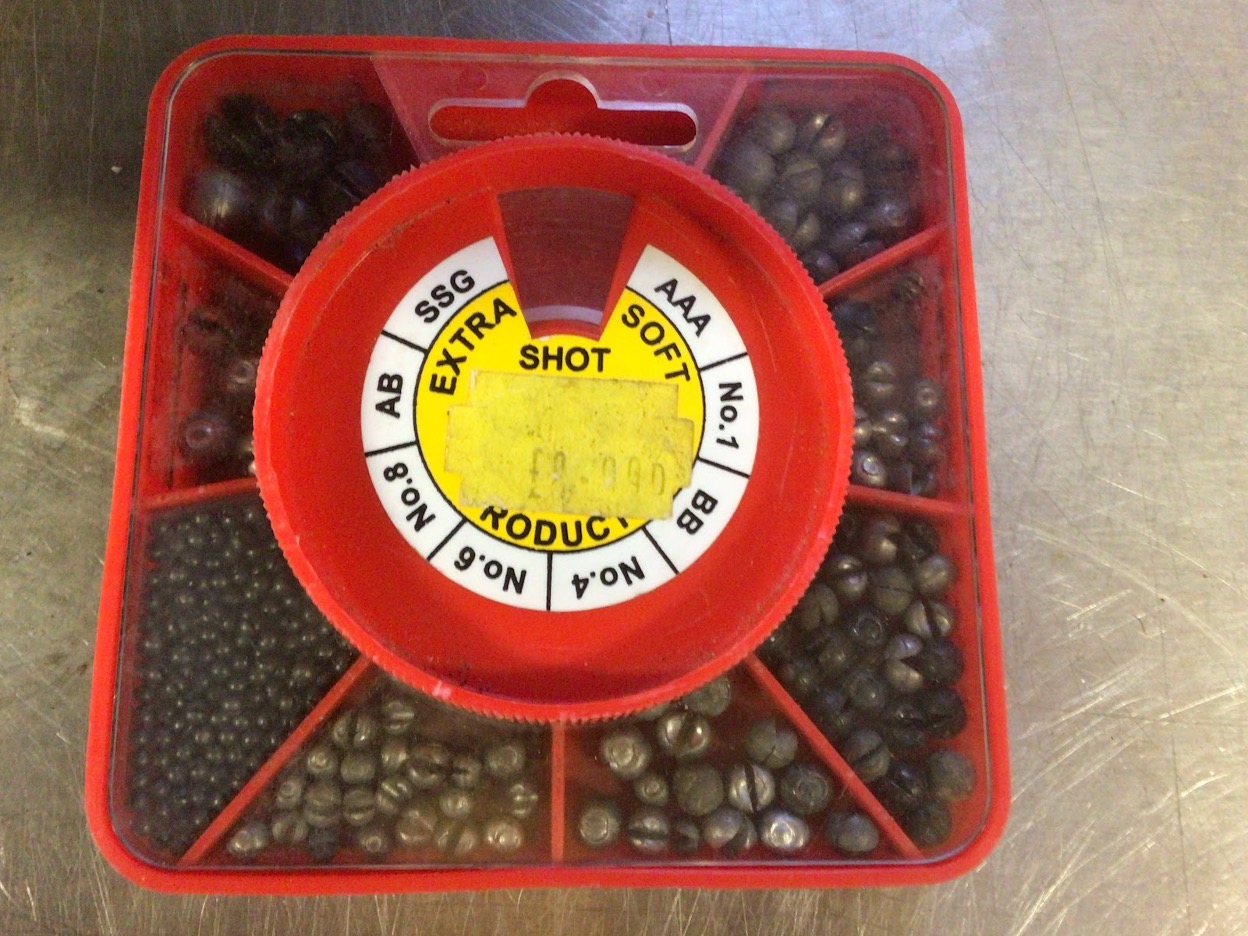
As a very young lad I saved up hard to buy my first multi-shot dispenser. They come smaller than this, obviously cheaper too, and once you decide to go fishing a second time you will probably think it a good thing to have.
The single maggot approach
I cut my teeth by fishing the crystal clear waters of The Middle Pool with that heavy six foot rod. My line was way too thick, my hooks way too big, and my float was a ‘Perch Bobber’ that was way too heavy and inevitably undershotted. The shotting didn’t matter, and the float didn’t really matter either, because I used to fish half depth, looking at the single maggot impaled on my monster hook, and I literally watched the perch and roach as they swam up to the bait, sensed danger, and swam away again. No free offerings were used at first, I was using my tanner-per-week pocket money to finance my fishing (a ‘tanner’ was sixpence, equivalent to two and a half new pence) and I didn’t have bait to burn.
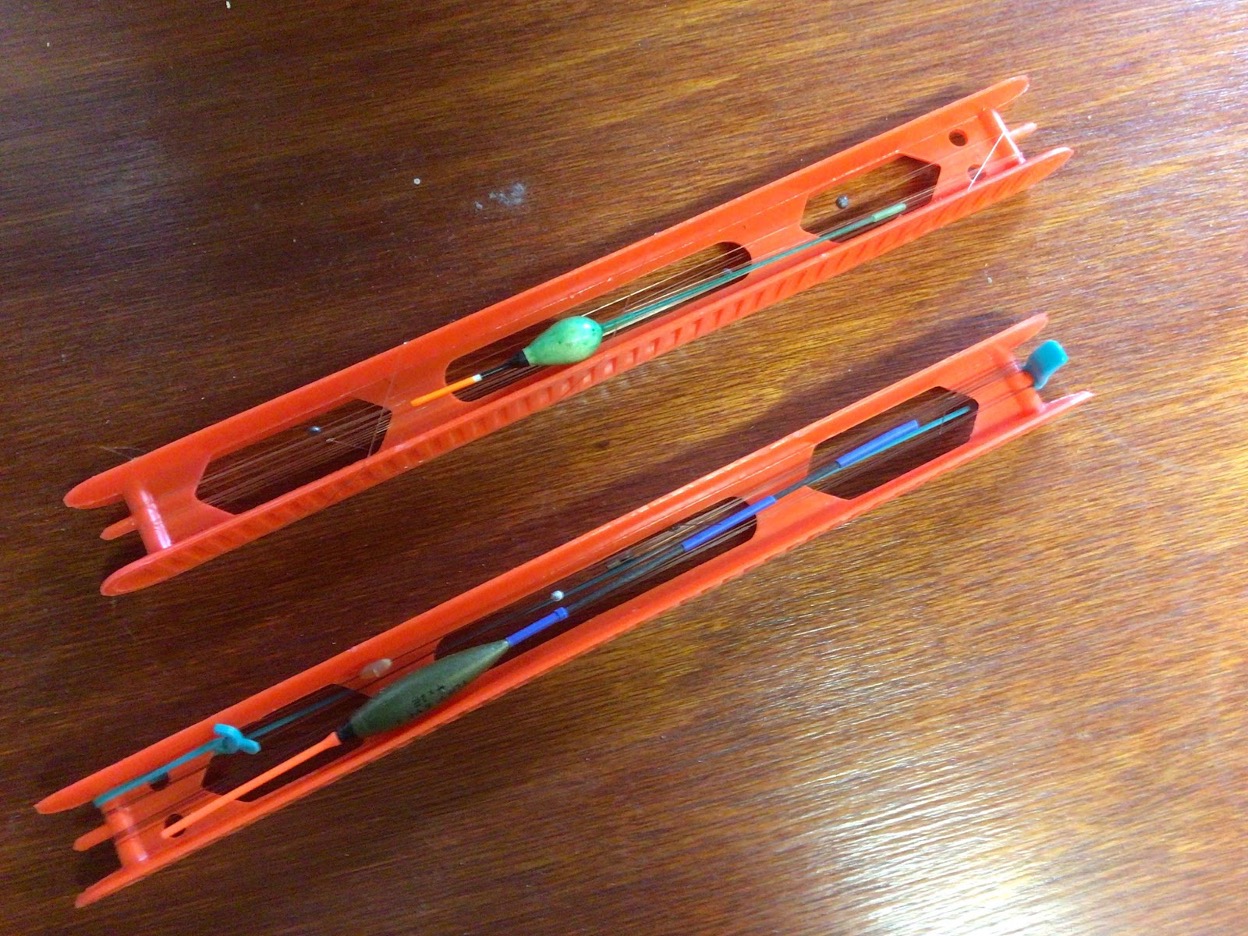
Two rigs on winders. Potentially all you would need. These are tied to 6lb line and with a fine hook length (less than 2lb breaking strain on is what I would call ‘fine’) they will also work on natural waters. Put a 4lb to 5½lb hook length on and they can work on most commercial venues too. As a starter to fishing you need to keep it cheap and simple, in case you change your mind about it. There are tons of ready made rigs on offer from manufacturers these days so you don’t even need to worry about buying hooks and shot if you are really on a budget. Those things can come later.
Feeding is the key
Eventually the penny dropped and somewhere along the line I decided to introduce a few free offerings around my static hookbait. I was then aware that the fish ate every free offering in an instant, as long as it was falling ‘naturally’ through the water. However they clearly ‘knew’ which maggot was sitting there artificially, unmoving, with a hook in it. Seconds after throwing in some maggots all that remained was my forlorn maggot, rejected because the hook and line was so obvious. That was a further lesson I took with me to this day. An angler always needs to create ways to fool the fish!
The finer the hook the finer the fisherman
Eventually, by saving my pocket money, I got some finer hooks tied to a lighter line from Greenaways tackle shop, in Brierley Hill. I now saw the fish swim up to my bait, just as before, but this time an odd fish actually took the maggot with the hook in. Perplexingly, they spat it out again just as quick. Another lesson learnt! In this crystal clear water I might fool them into eating my bait, but I also needed to set up so that I could recognise the moment a fish sucked in my bait and could strike before it felt the drag of my float or the hook in its mouth.
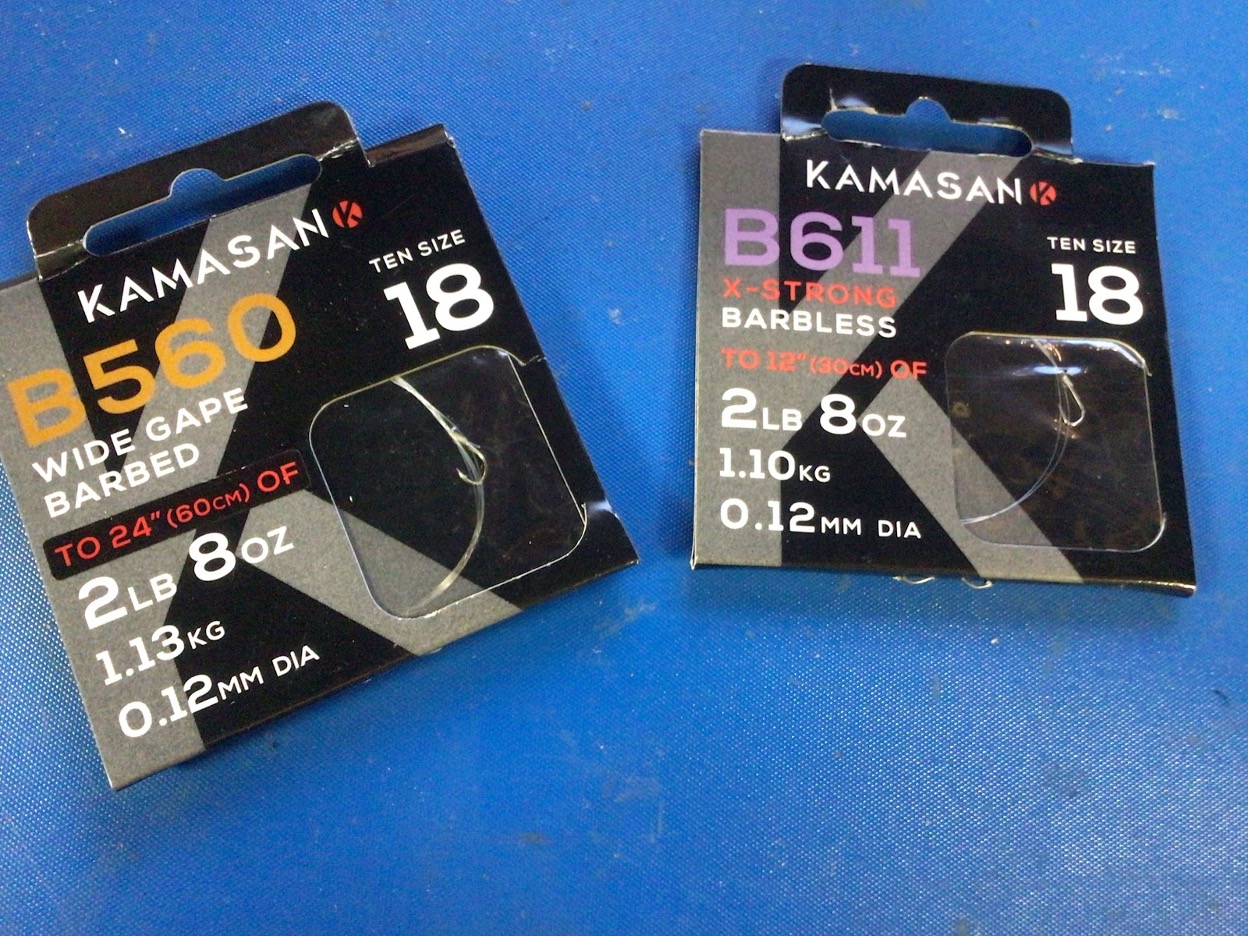
If you are going on ‘natural’ lakes, or to a river or canal, then the hook on the left will do most things for a starter. On commercial fisheries the barbless hooks on the right are normally mandatory. You can use barbless on all venues but barbed hooks cannot be used on commercials.
Free offerings attract fish and competition creates more bites
I next learnt that if I sprinkled a few maggots in first amongst the fish, and then dropped my hookbait in the middle, the competition for food made them more reckless, especially if I got the timing right. They would take my hookbait and swim away trying to snaffle another maggot before their mates got to it. As they swam away with my hook in their mouth the hitherto ignored float would ‘bob’ giving me indication that the fish was on. This was really useful because it got increasingly difficult to know which maggot was ‘mine’ amongst the free offerings.
Fish only feel the part of the float that is out of the water
For a while I went through a period where I hooked fish, the float ‘bobbed’ and by the time I struck the fish had felt the resistance of the float and spat the bait out again. I was back to square one once again.
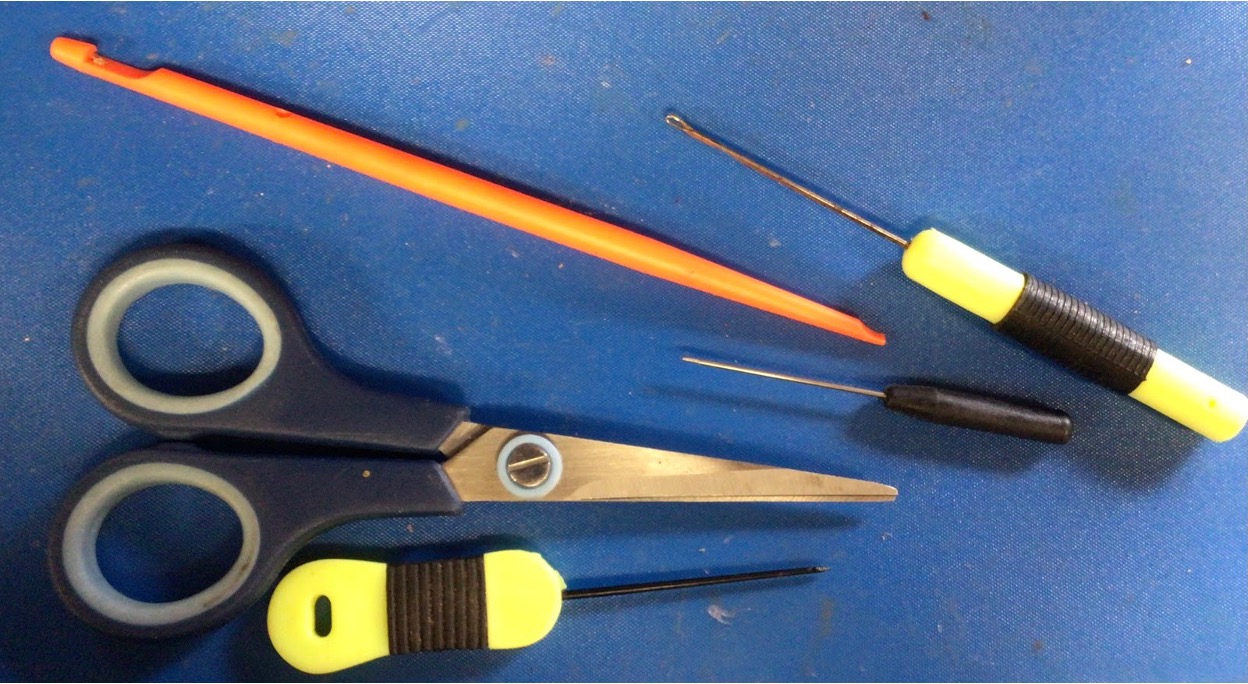
A few things you may need. A disgorger is a must, though you ought to get some advice about using one before even trying. Until you feel confident you ought to only use barbless hooks, which will always come out more easily. Scissors are a must if your teeth don’t work but optional otherwise and the baiting needles are going to come into their own once you have a little experience.
A fish only feels the bit of float that sticks out above the surface
This caused me to think about the float! I needed to make the float far more sensitive and the cheapest float I could buy with my pocket money was a little porcupine quill. You don’t get many porcupines in Dudley so they wanted me to pay for the pleasure. This fishing lark was starting to add up.
The most important shot is the one nearest the hook
Held on the line with a top rubber and a bottom eye the porcupine quill still needed shotting very low in the water, this caused me to buy various tubs of shot and to experiment with shotting patterns. I started to catch fish by actually watching the float go under.
At this time, not only did I learn that you should have the minimum of float sticking out above the surface but I also learnt the lesson that the fish had to move the shot nearest to the hook or else the float never moved. Another lesson for life!
Eventually to make it more sensitive I used two rubbers which meant I could fish my quill ‘upside down’ with the thin end sticking out of the water. There was a wire eye whipped on the thin end when I bought it, which I cut off and by using some orange Humbrol modelling paint I created a really fine sight tip. (I probably just dipped my quill into the paint and stirred it about a bit). The challenge was no longer just to catch the perch and roach, it was to catch them faster and more efficiently. Those basic lessons have stuck with me throughout my fishing life.
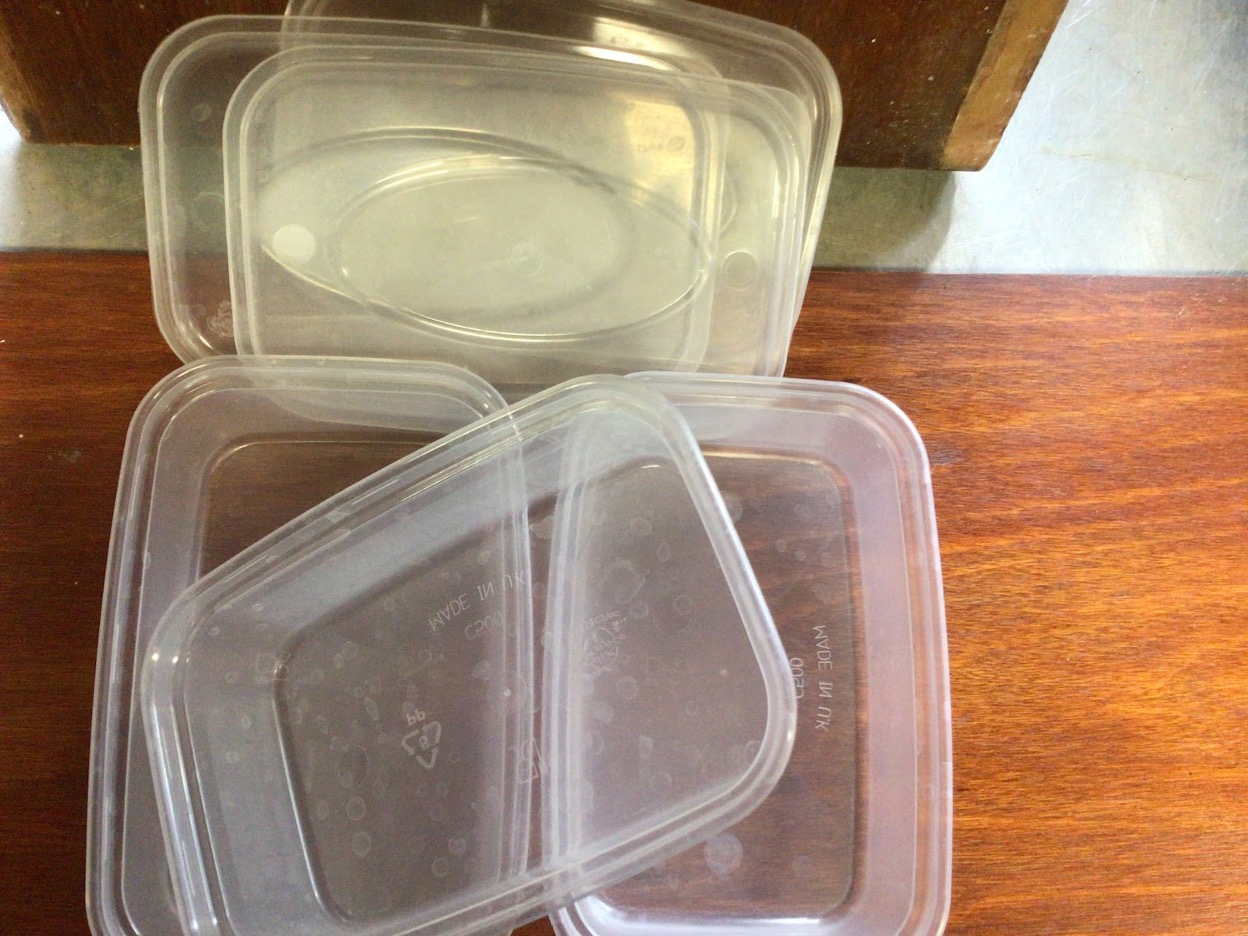
These are the food containers from our local Chinese Takeaway. They are excellent for carrying a few pellets, corn, meat cubes, hemp and casters etc. and with a few holes punched into the lids they also will carry worms and maggots. These are FREE with your curry. What better than to re-use them for your fishing? There is no greater ‘bang for your buck’ than using free stuff.
From tiddler bashing to competitive fishing
The rest of my fishing development is a blur, I just went fishing as often as I could unless there was something else more exciting going on. I was only seven years old, after all. I do clearly remember my old man and me fishing a ‘Dads and Lads’ match on the local cut when I was eight years old. We didn’t win anything, indeed the first prize was only an Intrepid ‘Black Prince’ reel, but I actually remember walking along the canal in WINTER thinking that we had a chance.
Get the legalities right first
When I started fishing the chances that an official would ask me for my license were virtually nil. If a foolhardy adult had tried to accost me and my mates we would have screamed blue murder and run away. There isn’t a six year old in the land who ever went to their parents and said, “Pappa, oh my dearest pappa, could I have a fishing license please? I am afraid that His Lordship’s bailiff may not take kindly to me catching gudgeon in the private brook.”
These days, no matter if you are catching your own fish from out of your own garden pond, technically speaking you MUST have an Environment Agency fishing license. So get one, … you know it makes sense!
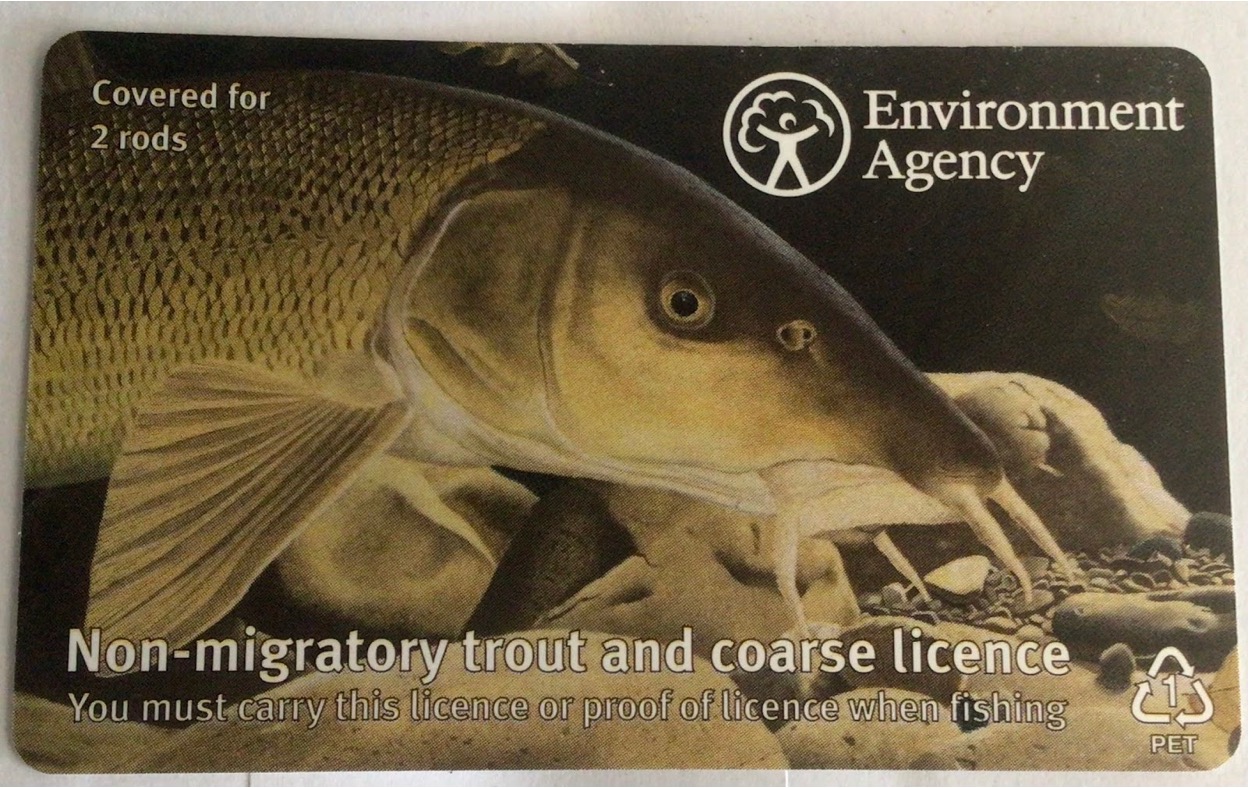
A current EA License. Don’t leave home without one!
Times are different
Nowadays it’s not so easy for kids to get started with fishing. You probably need your own parents to take you out to fish safely and most of the commercial pools will have a ban on under sixteens fishing unless under parental control. However, for the purposes of this article I will assume that you are slightly more mature than I was when I started and outline what I think I would do were I to start all over again. It’s not going to be definitive advice, I am sure many of you starters might have an idea of what to do. But I will try to keep it as cheap as I can, with getting the biggest fishing ‘bang for your buck’ my priority. Hopefully something for all, enjoy.
Where to start? Natural venues or commercial waters?
🎶 Yes there are two paths you can go by, but in the long run, there’s still time to change the road you’re on. 🎵
Natural venues are hard to beat
My own fishing began with natural venues, but to be honest, back then EVERYONE started on natural venues. Commercial fisheries simply didn’t exist. Consequently I see great merit in trying the local village pond or canal as your first time venue.
The canals, in particular, offer a child friendly option where very small whips can be used and they are undoubtedly the cheapest and simplest way to entertain either yourself, or indeed your children, particularly if you have multiple kids with you.
My entire set up for taking three kids fishing didn’t cost me thirty quid total. I had three identical cheap 1.5m whips, set up with three identical 4×12 canal rigs, and used to sit three kids on the tow-path, feet on the edge with their bodies away from the canal, with the instructions to fish just past their feet. As they were sitting on the grass, away from the skyline, they caught some amazingly big perch tight up the inside, and they would catch roach and perch and gudgeon throughout the day. My job was to put maggots on the hook, take fish off the hook, and keep the bait going in. I even had to put the net under a three pound perch on one occasion. The biggest job I had was to keep them safe, and by ensuring their welfare it meant they always looked forward to their trips out. I could entertain three kids, all under ten years old, for three or four hours, for less than the cost of ½ pint of maggots, and a bag of chips on the way home. You can’t beat fishing & chips.
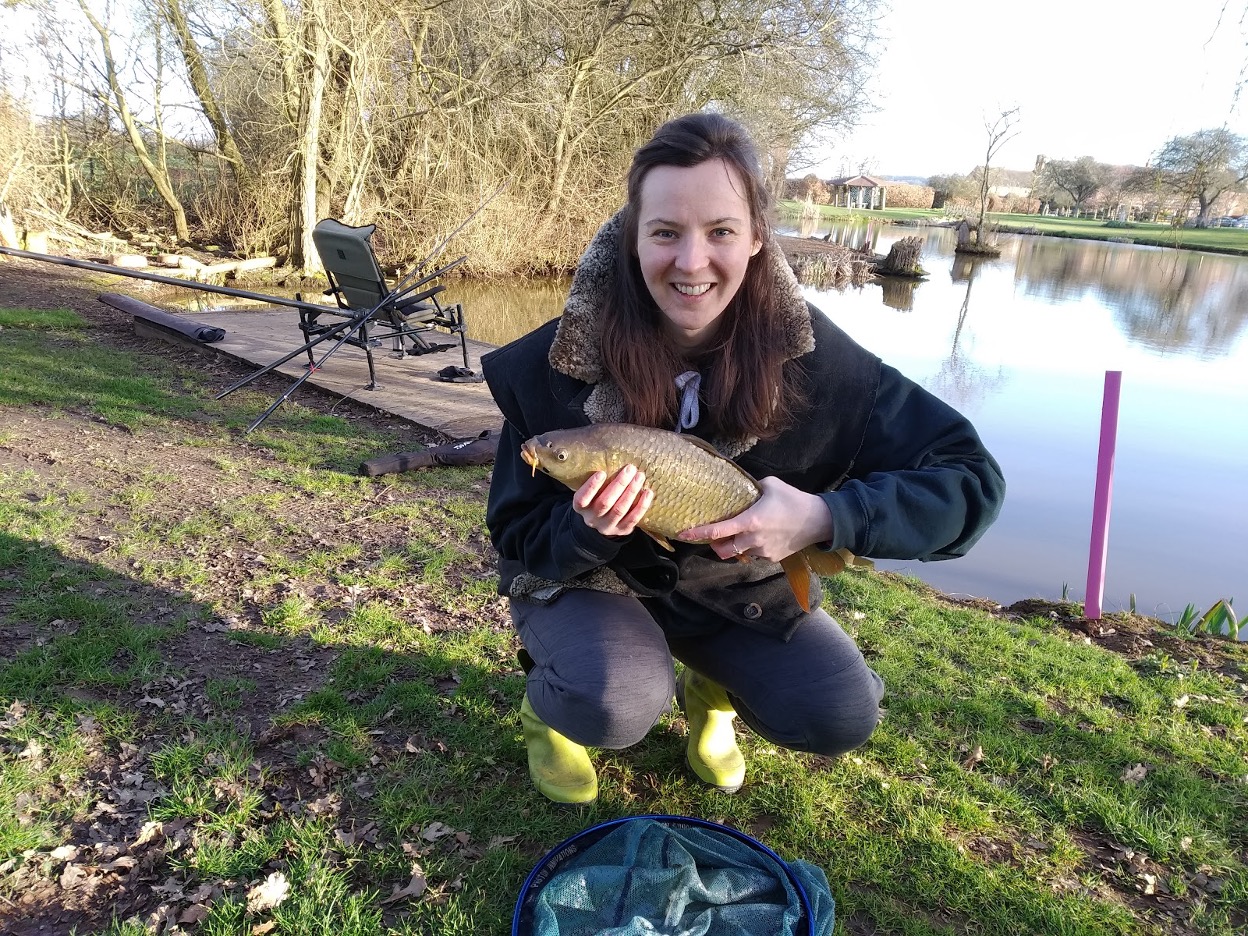
I recently took my daughter to a carp lake. She used a pole top three to hand, as if it was a whip, and caught multiple three, four and five pound carp. She’s now over thirty years old and yet still remembers her trips to the canal, where it all began.
Commercial fishing for bigger fish!
Buying your first pole
By far the simplest way to catch fish from commercial fisheries, for a beginner, is with a pole. There are two problems with buying a pole, firstly they are expensive and secondly they require elasticating. For a newcomer to fishing this can be a ‘first hurdle’ that is insurmountable.
My suggested solution is to buy secondhand. This will usually mean that you spend much less money on getting started with the added bonus that it will include a pre-elasticated top section, or even two or more elasticated top sections.
Seating arrangements
The next problem with buying a pole is the fact that to handle a long pole easily virtually demands sitting on a proper, adjustable seat box. Seat boxes are an additional cost that it is better to avoid, until you are fully smitten by the fishing bug. A footrest and pole rest also might be deemed to be a requirement though not impossible to live without.
My recommendation is to fish to-hand. This method, where the length of line is the same as the length of the carbon in your hand, means you don’t have to worry about shipping out, or breaking the pole down and doesn’t require a bespoke seat box as it can be done standing up, off a cheap fold away stool or even sitting on the grass. Plenty of time to spend your money later if you think that fishing is really for you. If you fish to-hand, i.e. you use line that is the same length as the pole in your hand, you can cover an awful lot of water too. At eight metres to-hand you can catch fish almost up to16 metres away, with not too much difficulty, …. on the right day.
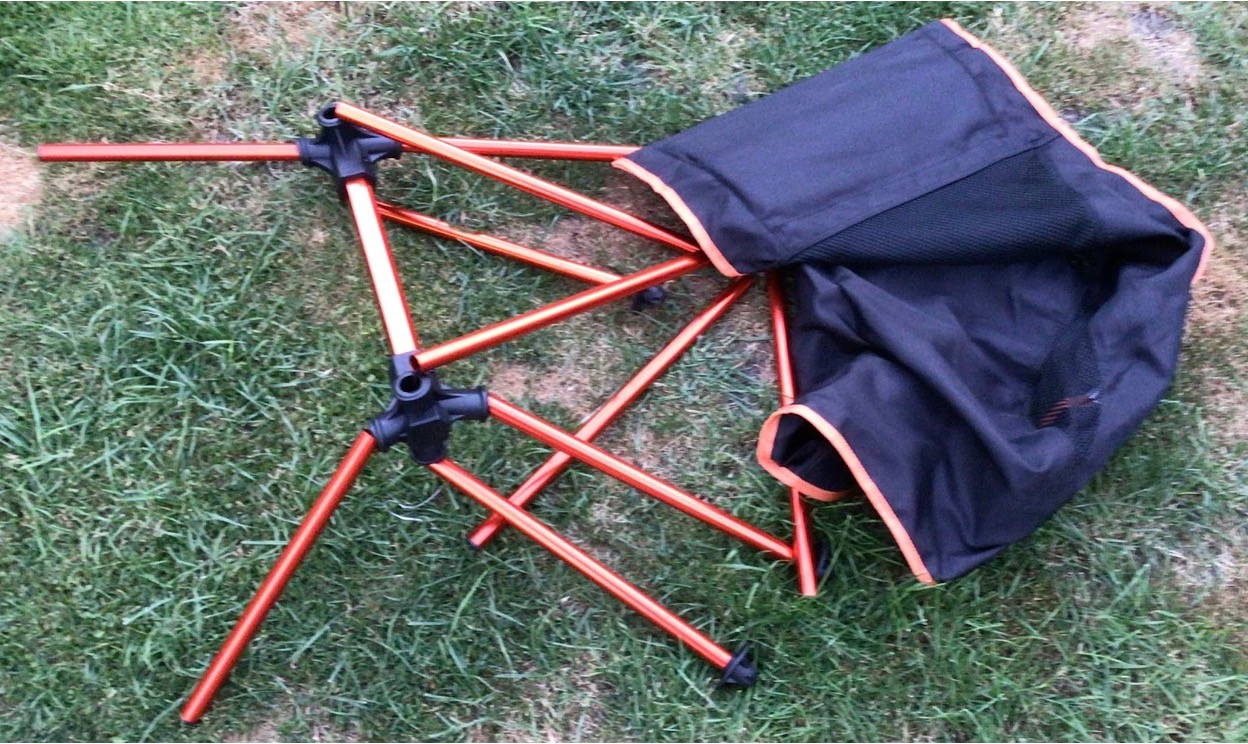
This random pile of tubes and canvas was purchased from either Lidl or Aldi. I am certain that it only cost me something like £12.99. If you absolutely must sit down on your first fishing trip then I can heartily recommend buying a foldable camping chair from the centre aisle of your favourite German Supermarket.
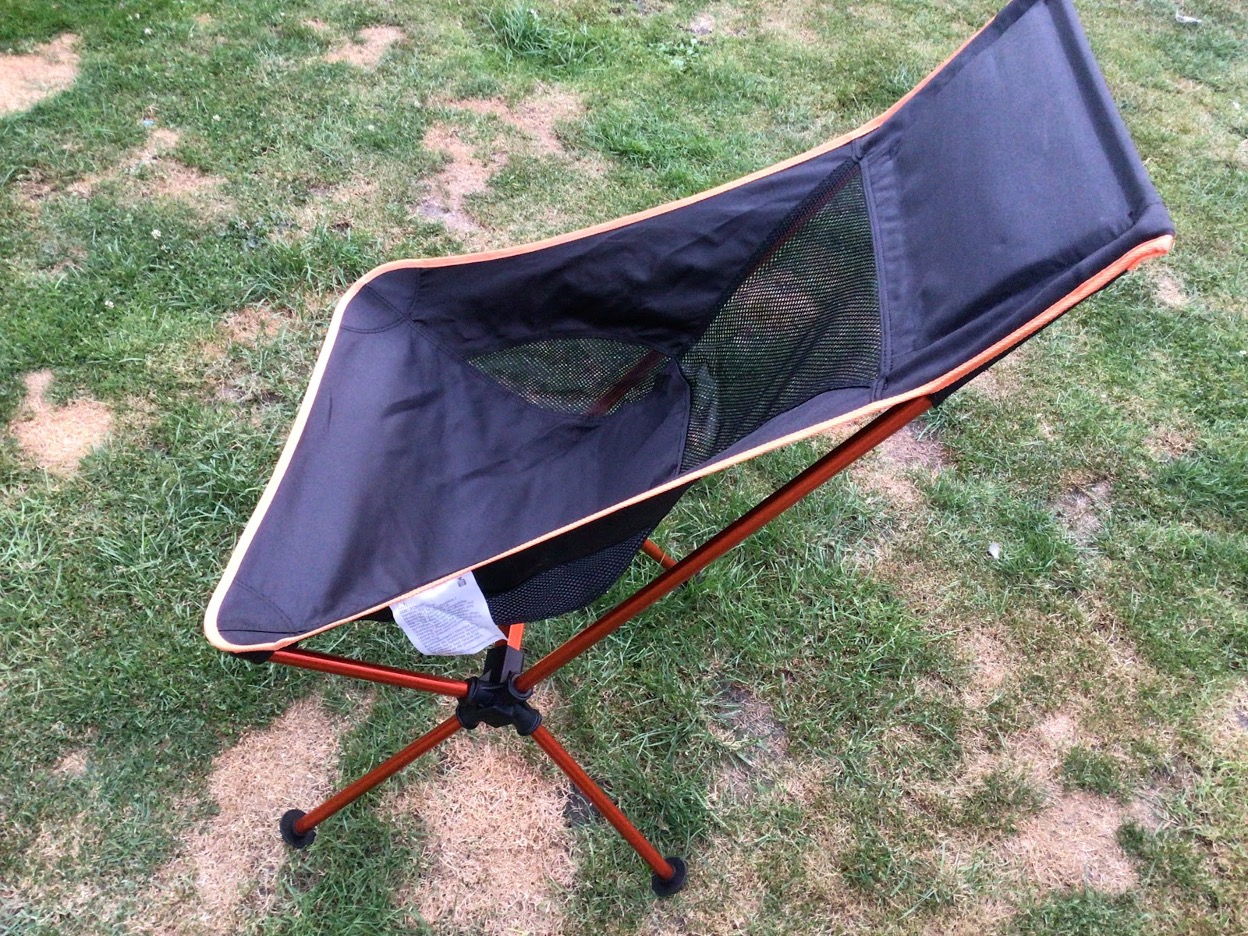
Once put together it is surprisingly comfortable. I purchased this one to keep with me at work. I regularly finished early to go and grab an hour or two on the local canal and this chair has been hammered, yet is still in tip top condition. There is absolutely no reason to make fishing ultra expensive unless you want to and these cheap chairs certainly provide the ‘biggest bang for your buck.’
Don’t go mad! Buy a margin pole
By far the most useful pole for a beginner is a margin pole. On a commercial fishery the margins are where the big fish turn up more often than not. It’s where you get the ‘biggest bang for your buck.’ You rarely need more than eight or nine metres to catch well, and more often than not you can catch at two and three metres and still have a fabulous day. A margin pole, secondhand, can be purchased for well under £100, often less than £50 and even if you buy something less than perfect you should still get the maximum ‘bang for your buck’ and not regret your purchase.
Even the heaviest margin pole is usually easily handled at its full length and is robust enough to shrug off the potentially heavy handed handling that a novice may apply. The enormous popularity of margin poles demonstrates that buying something 16m long that reaches the island is an utter waste of money for most anglers.
Conclusion
Fishing is reputed to still be the most popular participation ’sport’ in Britain. It’s not difficult to see why. Fresh air, back to nature, relaxing, competitive, technical, simple, challenging and frustrating are all terms that can be applied to fishing. It is all things to all men, … and women. There is nothing not to like.
For me fishing is my bolt-hole. It’s where I go to be alone. It’s also where I go to be with my mates. It is SO frustrating at times and leads me to think, and plot, and invent ways in which I can fool those cursed shy biting fish. It is all consuming, has formed and defined a great part of my life, and I absolutely love it. I hope you will learn to love it too. Tight lines.
Comments
Leave a Reply
You must be logged in to post a comment.
One thought on “Fishing basics – Learning to fish”
Similar articles
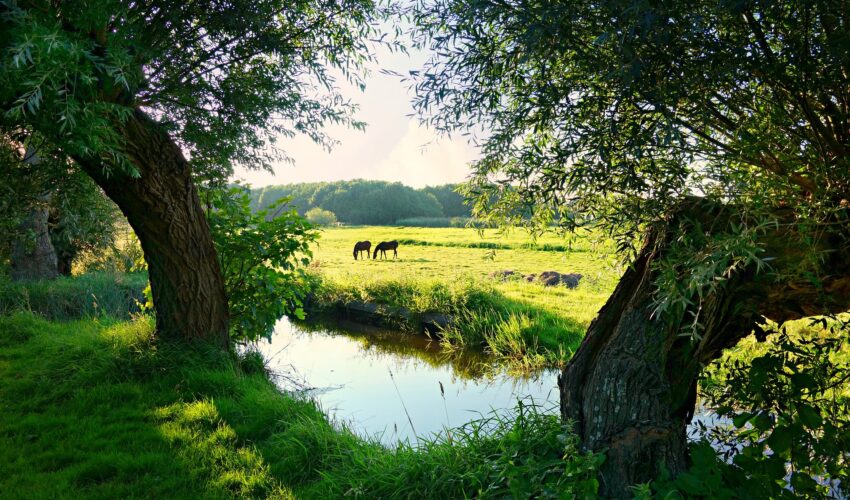
River Fishing – A guide to getting started
Are you thinking of going for a trip to the river in 2025 but find yourself filled with trepidation because you have never fished running water before? Well I want you to relax. Let us take the mysteries out of…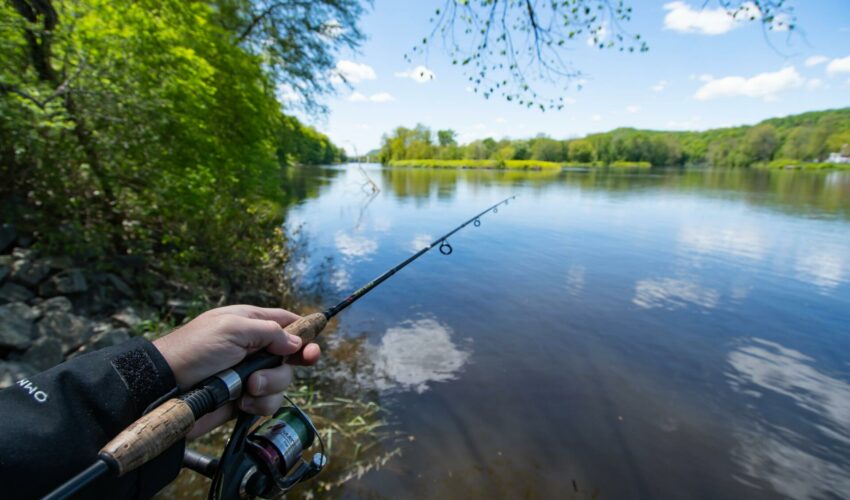
A guide to fishing licences in 2025
Whether you want to become a new angler or you’ve been fishing for years, you will be required to obtain the Environment Agency Rod Licence. In this article we explain what you’ll need if you want to go fishing in…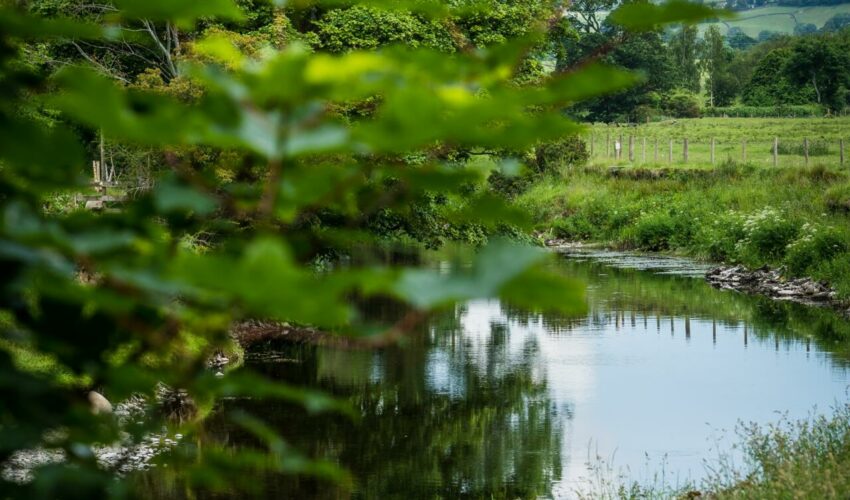
Make the most of the 2025 river season with this in-depth guide to fishing rivers
If you’re new to fishing rivers, or just fancy a change from fishing stillwaters, this guide will help you make the most of the new 2025 river fishing season. With advice on reading the water, what species to fish for…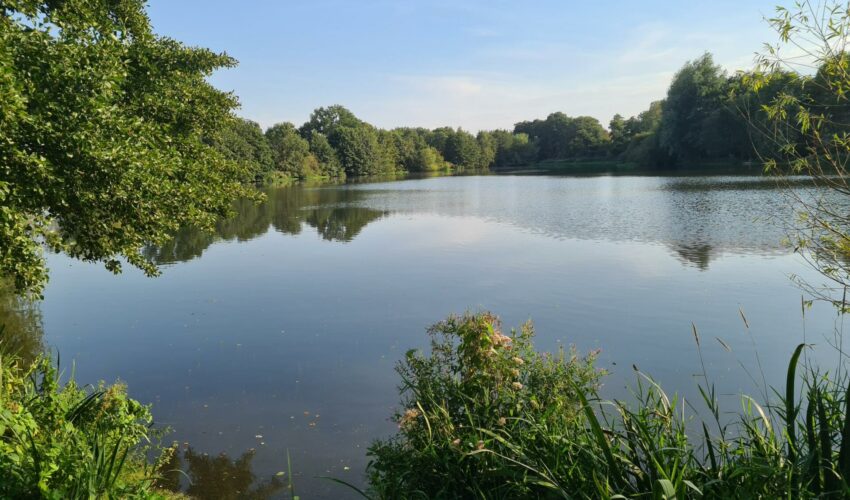
Our guide to fishing this spring (2025)
With the worst of the weather over (we hope!) and with spring finally here, it’s time to clean out that tackle box and get on the bank for some spring time fishing.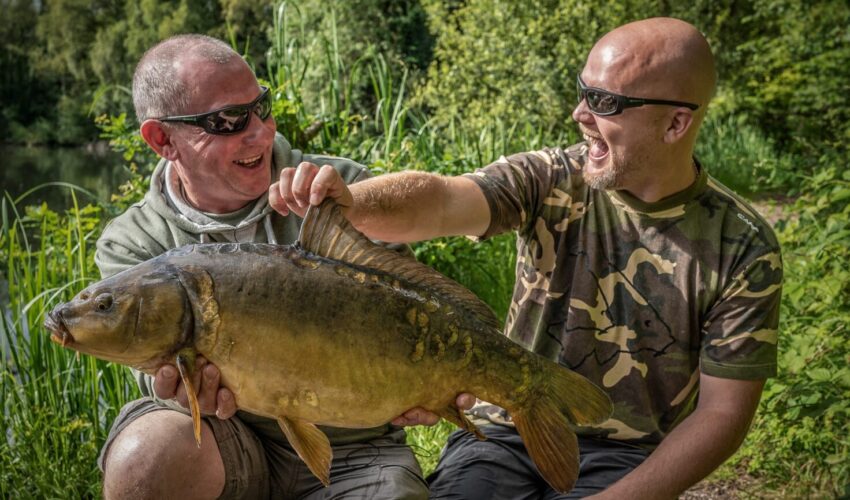
Take a friend fishing
Get ready to hit the water! From April 18th to May 4th, 2025, you can get a free fishing license to take a buddy out and show them what fishing’s all about. Yep, free! It’s all part of the “Take…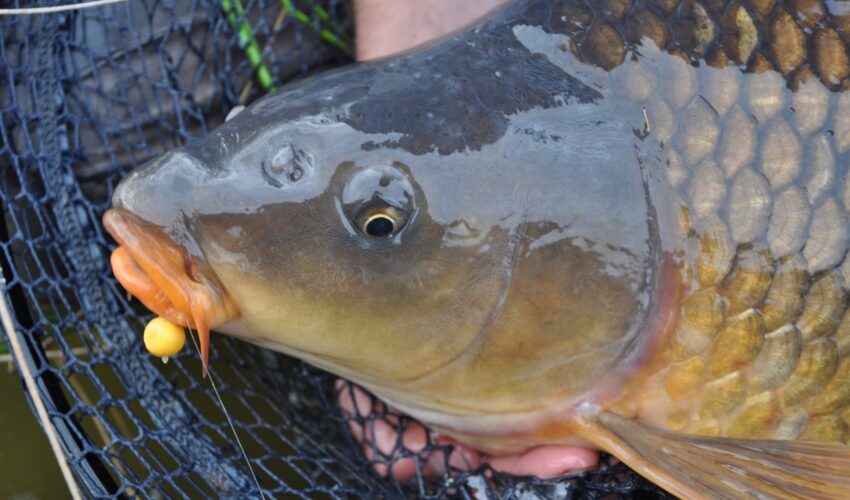
Fishing tips for hard days: How to get more bites
It happens to the best of anglers. Whether conditions are tough, the fish are moody, or our plans simply aren’t working, there are days we struggle. But what can you do to catch fish that seem unwilling to cooperate? There’s…Search by Region or County
Find new places to go fishing in your local area or county by choosing your destination below









Lovely
Lovely article. Makes me think where i am going wrong with my fishing, even though i am not a novice.
Cheers Chris